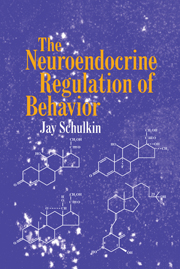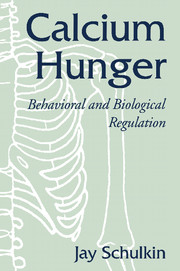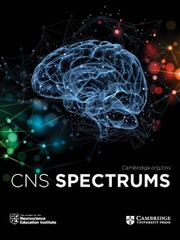An Introduction to Neuroendocrinology
How does the brain regulate sexual behavior, or control our body weight? How do we cope with stress? Addressing these questions and many more besides, this thoroughly revised new edition reflects the significant advances that have been made in the study of neuroendocrinology over the last twenty years. The text examines the importance of the hypothalamus in regulating hormone secretion from the endocrine glands, describing novel sites of hormone release including bone, heart, skeletal muscle and liver. The role of steroid hormone, neurotransmitter and peptide receptors, and the molecular responses of target tissues, is integrated into the discussion of the neuroendocrine brain, especially through changes in gene expression. Particular attention is attached to neuropeptides, including their profound influence on behavior. Complete with new full-color figures throughout, along with review and essay questions for each chapter, this is an ideal resource for undergraduate and graduate students of neuroscience, psychology, biology and physiology.
- Provides a crucial introduction to neuroscience that is necessary to underpin a working knowledge of neuroendocrinology and behavioural neuroendocrinology
- Thoroughly revised to reflect the significant advances that have been made in the field over the last twenty years, and now richly illustrated in full colour
- Features nearly 300 review and essay questions, making this is an ideal resource for undergraduate and graduate students of neuroscience, psychology, biology and physiology
Reviews & endorsements
'This is an up to date, lucidly written and beautifully illustrated textbook which goes far beyond what one would consider 'classic neuroendocrinology' of the hypothalamic-pituitary axis. It has a comprehensive overview of the entire endocrine system including hormones secreted by fat, muscle, bone and liver and an excellent chapter on the nervous system, neurotransmitters and their receptors. There is also full coverage of hormone synthesis, transport and how they act on target cells, covering all hormones of the endocrine system. … There are excellent chapter summaries, references and assessment questions both for students and teachers. The beautifully designed figures, all in full colour with comprehensive legends, succinctly summarise many aspects of the text or illustrate scientific data. Numerous tables provide reference summaries. It is a must for all undergraduates and graduate students interested in range of scientific disciplines.' Saffron Whitehead, St George's Hospital Medical School, University of London
Product details
No date availableAdobe eBook Reader
9781316308127
0 pages
0kg
6 b/w illus. 179 colour illus. 46 tables 295 exercises
Table of Contents
- Preface
- Acknowledgements
- List of abbreviations
- 1. Classification of chemical messengers
- 2. The endocrine glands and their hormones
- 3. The pituitary gland and its hormones
- 4. The hypothalamic hormones
- 5. Neurotransmitters
- 6. Neurotransmitter and neuropeptide control of hypothalamic, pituitary and other hormones
- 7. Regulation of hormone synthesis, storage, release, transport and deactivation
- 8. Regulation of hormone levels in the bloodstream
- 9. Steroid and thyroid hormone receptors
- 10. Receptors for peptide hormones, neuropeptides, and neurotransmitters
- 11. Neuropeptides I: classification, synthesis and colocalization with classical neurotransmitters
- 12. Neuropeptides II: function
- 13. Cytokines and the interaction between the neuroendocrine and immune systems
- 14. Methods for the study of behavioural neuroendocrinology
- 15. An overview of behavioural neuroendocrinology: present, past and future
- Index.









